Renault To Buy Out Nissan's 51 % Stake In Indian Renault-Nissan Factory
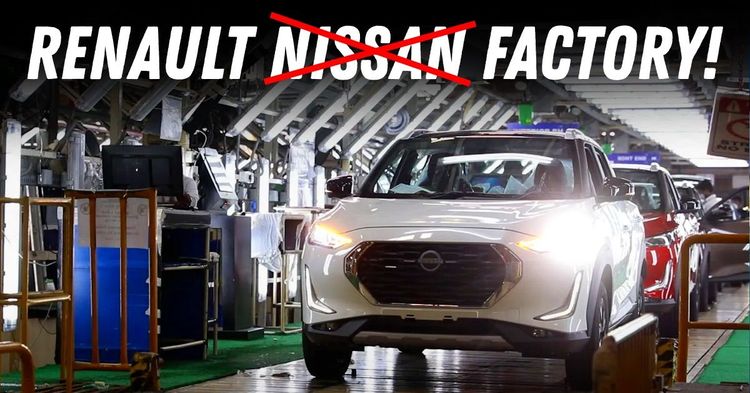

Nissan has been having a tough time globally. The Japanese carmaker's Indian vertical is struggling with its sales, and the Magnite is still the ' family's sole breadwinner. ' Amidst uncertainties, Renault has announced its intention to buy the remaining 51% stake in Renault Nissan Automotive India Private Ltd, effectively taking full control of the manufacturing facility in Chennai, Tamil Nadu. This is in fact, a significant shift in the partnership between the two automakers and is expected to be finalized by mid-2025, according to an official press release from the manufacturer.
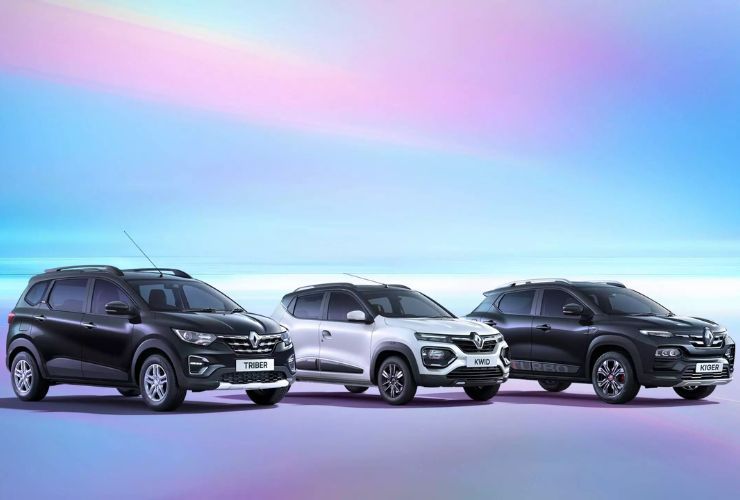
The Renault-Nissan joint venture, established in 2010, initially had Nissan holding a 70% majority stake while Renault owned the remaining 30%. However, in 2023, Nissan reduced its stake to 51% as part of a $600 million investment deal for producing six new models in India. Now, Renault is poised to gain complete ownership, further solidifying its commitment to the Indian market.
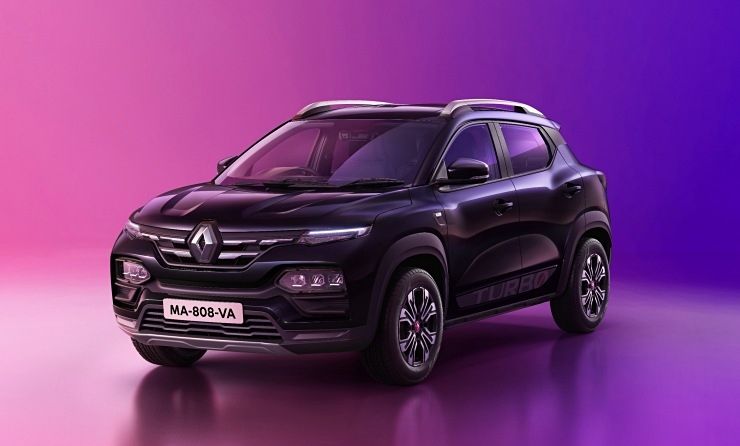
The acquisition is part of broader changes in the long-standing Renault-Nissan alliance. Both companies have agreed to reduce their cross-shareholdings to 10%, down from the previous 15%, reflecting a shift towards a more independent operational approach. The financial details of the deal are yet to surface.
Renault CEO Luca de Meo emphasized that the company remains a committed partner to Nissan and sees the transition as a strategic step to help Nissan improve its financial performance. "Pragmatism and business-oriented mindset were at the core of our discussions," De Meo stated.
As part of the revised alliance agreement, Nissan will no longer be required to invest in Renault’s electric vehicle (EV) subsidiary, Ampere. Originally, Nissan had committed to investing 600 million euros in the EV venture, but with this new arrangement, it will now focus on its own recovery and competitiveness.
It will, however, be part of the Twingo project for Europe. Ampere is expected to produce an all-electric version of the Renault Twingo for Europe in 2026. Nissan has now confirmed that there will be a Nissan version of this as well, which will be completely designed in-house.
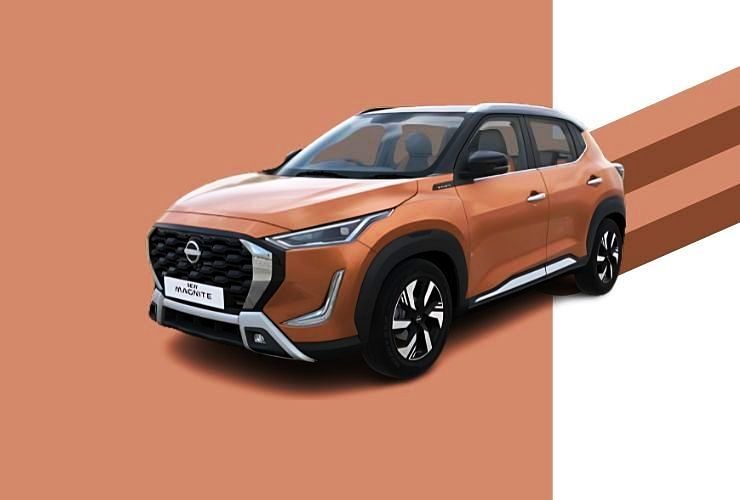
Despite the financial impact of acquiring Nissan’s stake in the Indian subsidiary—estimated at around 200 million euros—Renault has maintained its cash flow forecast of at least 2 billion euros for 2025.
The announcement also comes just before Ivan Espinosa takes over as Nissan’s new CEO. Espinosa is expected to lead Nissan’s efforts to enhance its competitive standing in the global market while navigating the evolving Renault-Nissan partnership.
"Nissan is committed to preserving the value and benefits of our strategic partnership within the Alliance while implementing turnaround measures to enhance efficiencies. Our goal is to create a more agile and effective business model that allows us to respond quickly to changing market conditions and conserve cash for future investments." Espinosa said in a statement.
The CEO reaffirmed that Nissan's projects (and planned launches) for India will remain live and unaffected and the brand will continue to offer top-notch after-sales attention for the current customers. Nissan also intends to use India as a hub for its research and development, digital and other knowledge services. The focus on exports will also remain untouched by the latest strategic developments.
Renault’s full acquisition of the Chennai plant underlines its long-term commitment to India, world's third largest car market. As the company takes complete control of the manufacturing facility, it may bring further investment and expansion opportunities, benefiting India's automotive landscape at large.
With this move, Renault is strategically positioning itself for a stronger growth in India operations, while Nissan shifts its focus to global restructuring and pursues independent recovery efforts.
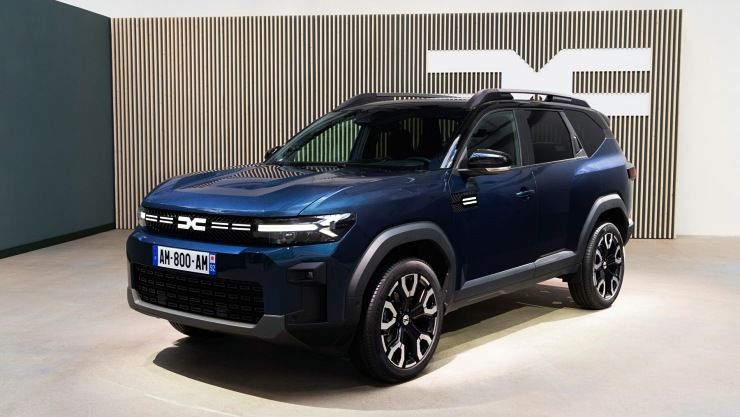
The French carmaker is expected to launch several interesting products in India in the time ahead. The most important of these would be the new generation Duster. The highly-anticipated SUV is known to be a noticeable improvement over its predecessor and will feature modern technologies like Level 2 ADAS (Advanced Driver Assistance Systems).
Nissan's planned lineup for India is known to include its own iteration of the Duster, an MPV based on the Triber and even an all-electric SUV. As many as four new models are to be expected in the next two years.